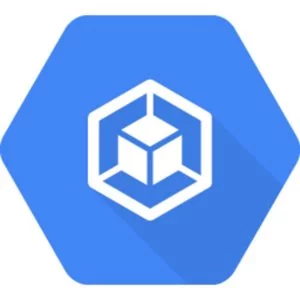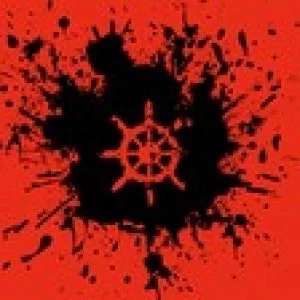
Hi I m Sam, a big data engineer, cloud engineer and machine learning/AI Enthusiast teaching you Kubernetes using GCP s Kubernetes Engine. I will teach you the core components of Kubernetes with various kubernetes specific concepts. Course is up to date uses the latest kubernetes version and all exercises can be done for free and on any operating system. Course will include a quiz at the end of the theory section to test and consolidate your learning.
Two practicals focusing on the major architectural concepts within Kubernetes and containerisation will be presented to complement the theory learned. This course was designed to balance theory and practise to deepen your understanding and why we do things the way it s done and not just show you how it s done. I want you to understand the reason behind each decision made.
Course is split up into sections as below:
Containerisation and Orchestration – Explore the concept of containers and problems that kubernetes aims to solve.
Master and Nodes – Main architecture of Kubernetes, will dig a little deeper into components and commonly used architectures.
Pods – The building block of Kubernetes, will explain the main concept and commonly used example of pods.
Services – Various options for connecting pods to external traffic.
Instructor Details
Courses : 1
Specification: DevOps Toolkit: Learn Kubernetes with Practical Exercises!
|
11 reviews for DevOps Toolkit: Learn Kubernetes with Practical Exercises!
Add a review Cancel reply
This site uses Akismet to reduce spam. Learn how your comment data is processed.

| Price | $15.99 |
|---|---|
| Provider | |
| Duration | 2.5 hours |
| Year | 2018 |
| Level | Beginner |
| Language | English |
| Certificate | Yes |
| Quizzes | Yes |

$19.99 $15.99






SolidGear Projects S.L Paseo de Bel n 11. CIF: B4759402 –
Lo m s positivo son los ejemplos pr cticos incluidos en el cursos. Algunas partes se hacen mon tonas al repetir ejemplos varias veces.
R mi Cocula –
Interesting for a beginning.
Cory Deist –
The information so far is pretty good, and well organized, but as a presentation/class/teaching tool, there is more to eaching than just reading slides. The practicals are useful for beginners to kuberenetes. Since people are still using stateful applications, the stateful practical was useful, however a second section concerning replications of the database would also be useful. How does kubernetes handle this? What happens if there is more than one mysql replica? Does it create 2 persistent volumes? What happens if 2 containers try to read the same PV at the same time? Is there a way to have 2 pods work as mysql databases with data replication? (Questions I know will be asked of anyone trying to get into a containerized/kubernetes world).
Melon AD VAT: BG200515657 –
I’ve seen some reviews about the course claiming that the instructor just reads from the slides and giving a lower score for it. Personally I really loved the course, it was great for absolute beginners. The theory part is read from the slides and the practicals are hands on and easy to follow. The concepts are nicely explained and the practicals are good to dip your toes into the Google Kubernetes Engine. Thank you for the lovely course.
Venkat Yanala –
Explained well
Arvind Mahadevan –
Would like to see more practical examples
Kapil Ratnani –
Explanation of stateful applications seems incomplete. Doesn’t explain how to connect other application pods with the mysql pod.
Josh Hurst –
Good content, but too focused on reading the slides vs. using them to reinforce points.
Paul McGrath –
Good course would have liked more examples to go through. A couple of command selectors didn’t work prob. due to using a new version of kubectl. Nicely paced.
Shany Abady –
Great explanation of the yaml file
Edwin Montoya –
Very detailed explanations and exercises (you will need your own gcp access to do them), sometimes the commands screens are small, but all commands are on the course resources. Very good set of commands in order to understand all about GKE, clusters, nodes, pods, etc… on GCP